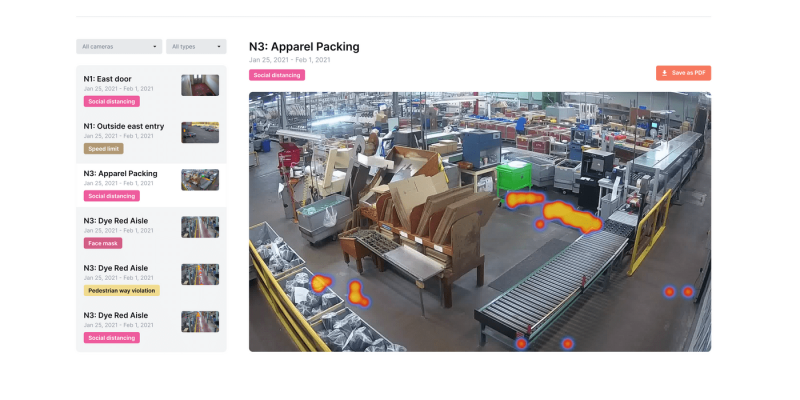
What are the genuine requires and targets of Asia Pacific (APAC) nations in cyber capacity constructing, education, and awareness? Whose duty is it to guarantee these targets are met—is it needed for the State to bear this burden? These have been the burning concerns addressed throughout Kaspersky’s APAC Online Policy Forum III with the theme “Greater Cyber-resilience through Cyber Capacity Building”. Hosted by the company’s CEO, Eugene Kaspersky, the virtual forum was joined by a higher-level panel of speakers from the area like Craig Jones, INTERPOL cybercrime director, Li Yuxiao, vice president of the Chinese Academy of Cyberspace Studies and Seungjoo Kim, professor of the School of Cybersecurity of Korea University.
A nation’s cyber-resilience skills are normally restricted by the know-how of its human sources and the high-quality of cross-border collaboration amongst the region’s private and public organisations. There are a number of cybersecurity gaps stakeholders in APAC really should address urgently to make a safer cyberspace. “In the Cyber Age, as we experience an accelerated digital transformation, we’re facing security challenges that put a strain on cybersecurity resources. Investing in cyber talent and promoting security awareness and digital education for users are the keys to success in building cyber-resilient digital societies and economies,” says Kaspersky.
“With the continued rise in cyber threats and cybercriminal activities, a new paradigm has emerged for global law enforcement. One of the key challenges that INTERPOL identified are the gaps in law enforcement cyber capabilities and capacity, nationally, regionally and globally,” says Craig Jones, INTERPOL cybercrime director. “To overcome this, law enforcement must be a trusted partner beyond national borders and sectors. Being collaborative, inclusive and open will help reduce the gaps, bridging the divides in capabilities and capacity.”
Driven by the low production fees, comprehensive industrial base, and higher help from nearby governments in APAC, the area is ripe to be the centre and greatest market place for Industry 4. in the next 5 years. Seungjoo Kim, a member of South Korea’s Presidential Committee on the 4th Industrial Revolution, cited accomplishment stories exactly where nations are beefing up their cybersecurity policies and regulations alongside their intense drive towards a more connected society. Kim notes, “For example, in the European Union, the regulations on automotive cybersecurity will be mandatory for all new vehicles produced from July 2024.”


/cdn.vox-cdn.com/uploads/chorus_asset/file/25547838/YAKZA_3840_2160_A_Elogo.jpg)

/cdn.vox-cdn.com/uploads/chorus_asset/file/25547226/1242875577.jpg)
/cdn.vox-cdn.com/uploads/chorus_asset/file/25546751/ES601_WEBR_GalleryImages_KitchenCounterLineUp_2048x2048.jpg)
